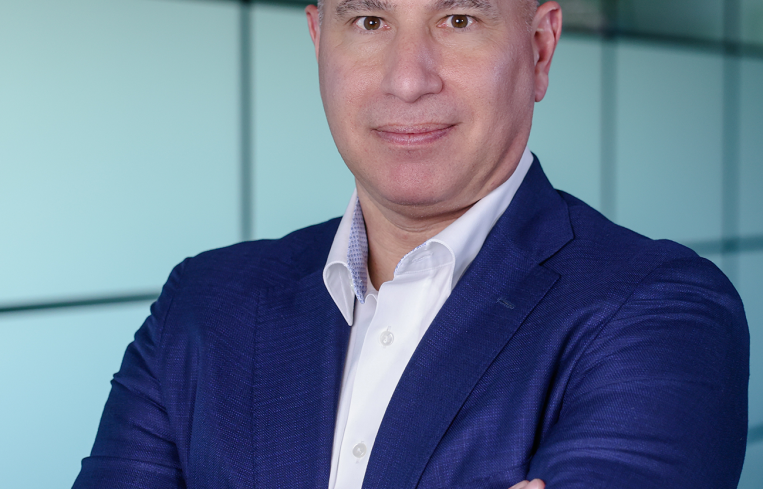CREFC 2022 NYC: Acres Capital’s Mark Fogel Talks CRE Market Sentiment
By Andrew Coen June 13, 2022 4:27 pm
reprints
Mark Fogel founded Acres Capital 10 years ago and in that decade span has cemented the private commercial real estate lender’s reputation as a leader in the middle-market space.
Fogel, who has more than 25 years of experience in CRE finance, spent some time with Commercial Observer at the CRE Finance Council’s annual June conference at the New York Marriott Marquis in Manhattan. He shared what the market sentiment is, and where he sees lending opportunities.
The comments have been edited for length and clarity.
What is the general sentiment so far at the first in-person CREFC New York City June conference since before the COVID-19 pandemic in 2019?
It’s interesting because I’ve gone to a few conferences since the beginning of the year, and what everybody is saying is it really matters what sectors you are in, and very specifically, what kind of asset you’re investing in. You can’t paint broad strokes across the commercial real estate industry because there are some “haves” and some “have-nots.” The have-nots are commercial office buildings that are Class B and in gateway markets, and the haves are multifamily properties in really strong markets. It’s kind of an obvious sentiment that everybody keeps pointing to the last couple of months.
Where are you and Acres Capital seeing opportunities amid all the market volatility?
We have two different sides of our business. We have the side that does a lot of construction and development and adaptive reuse lending, and then we have our bridge lending program, which is stabilizing bridge loans — a bulk of which across the platform is multifamily or residential-related-type assets. Last year, it was all bridge, bridge, bridge, bridge, CLO, CLO, CLO, so we did a lot there. We did $2 billion of loans. And the other side of the business was kind of quiet because commodity prices were sky-high, and so to develop was really tough and that’s kind of flip-flopping. So we’re doing a lot more of our business in the value-add adaptive reuse, construction, renovation type programs where people are converting existing buildings that just don’t work anymore into something else like multifamily or other uses. That’s where the opportunities both now and going forward are going to lie.
What geographies are you most focused on?
Like a lot of others we’re very focused on the Southwest and Southeast. We like Texas a lot. I think, though, there’s some really good opportunities in cities that are really booming right now like Columbus, Ohio, Huntsville, Alabama, Nashville and even New York where there’s opportunities for a good developer to come in and pick up something that’s just being sold at a deep discount.
As a lender who focuses on middle-market lending, how do you think this space is shaping up with the market uncertainty?
I think the problem with the middle-market space is you’ve got a lot of sponsors out there who rode the wave in the last couple of years and got cheap financing and really leveraged up their assets and bought at very high values with other people’s money. You don’t have that so much in the bigger space since it’s their money, it’s their funds, their capital. So I think what you’re going to find, because of the fact that so many of these borrowers cashed out when they refinanced their loans where they really didn’t have any of their own equity in the deals, I think you’re going see a lot of properties just get handed back to lenders because there’s no way to refinance out of these properties. It might not happen this year, but next year you’re going to see that people paid way too much for properties across all asset classes, and there’s no way out. And so when you use other people’s money it’s very easy to walk away from the situation. Not easy, but you’ve got no skin in the game. And I think a lot of these investors have no skin in the game right now.
We’re speaking now at the Marriott Marquis, one of the big hotels in New York City. How do you think hospitality lending will shape up in the near future?
Leisure obviously bounced back very quickly, as I think people just need places to go. And in fact we have a lot of loans in the leisure side of our portfolio, and they’re doing really well. I do think that business hotels and conference center hotels are going to bounce very well towards the latter part of this year. I mean, you can see people are out and about. We have two convention center hotels, one in Wisconsin and one in Philadelphia, both of which we own (not just lenders on it) and the activity we’re seeing there is spiking. So if that’s any indication I think those hotels will start to perform very well.
Andrew Coen can be reached at acoen@commercialobserver.com.



